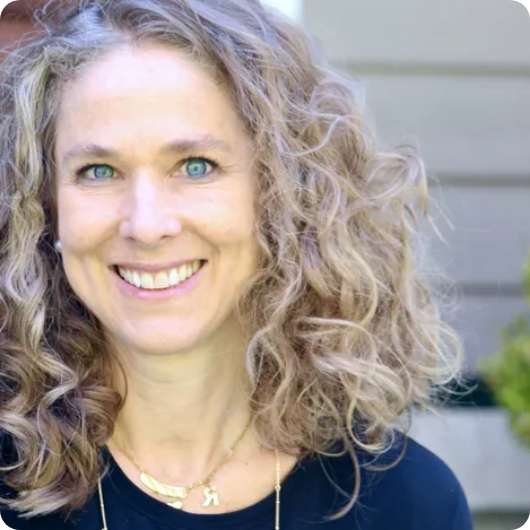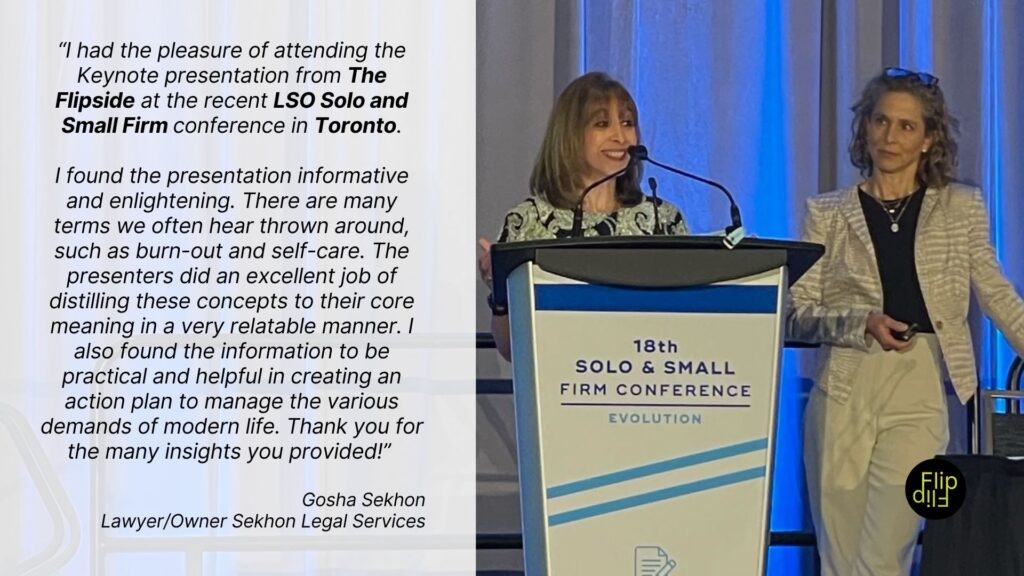Stress
Want to improve your brainpower?

In our fast-paced and busy lives, finding time to prioritize our brain health can be a challenge. Just like we try to exercise regularly for physical fitness, we should also make time to exercise our brains. And the best part? There’s a free exercise that can be done every day to boost your brain’s health and potentially give you more healthy years in the long run: reading.
Reading is to your mind what exercise is to your body. Developing a reading practice strengthens your brain’s health. However, just like physical exercise, it requires effort, skill improvement, and time investment to see the gains.
So, let’s explore some scientific facts about the benefits of reading and one powerful strategy to help you incorporate it into your life.
Become a life-long learner.
Reading engages multiple cognitive processes simultaneously, such as visual processing, comprehension, abstraction, and memory recall. This mental stimulation opens pathways to neuroplasticity, the brain’s remarkable ability to reorganize and form new neural connections throughout life. By regularly challenging your brain through reading, you can increase your brainpower at any age and potentially delay the onset of cognitive decline.
How do these new neural connections and pathways form? One way is by acquiring new vocabulary and, another one is by exposing yourself to new knowledge or novel ways of approaching familiar topics. Let’s explore this briefly.
Exposing yourself to a wide range of words and phrases expands your vocabulary, which not only improves communication skills but also enhances cognitive abilities like critical thinking and problem-solving. Learning new words is to the brain what using muscles you hardly use is to your body. At first, it is uncomfortable (physically is even painful), and if consistently and progressively practiced, it creates a new pathway (in the brain) or new skills or abilities (in the body).
Furthermore, reading allows you to acquire knowledge across various subjects and disciplines, fostering a lifelong learning mindset. By exposing yourself to different ideas, perspectives, and information, you stimulate your thinking, broaden your understanding of the world, relate better to other people, and develop a more comprehensive mental framework.
Have you heard about cross-training? Many years ago, I ran my best half marathon within a triathlon. I had been advised that the multi-discipline approach was better for the body and rendered positive results than just focusing on one discipline (running). I did not get injured and was able to run at my best. The brain equally benefits when exposed to new and different knowledge as novelty allows for it to stretch and boost neural connections.
The key is to believe you can become a lifelong learner, and your brain will take the challenge. The Nun Study, a research project conducted by David Snowdon, investigated the relationship between various lifestyle factors, including reading, learning, and longevity in a cohort of Catholic nuns. The study revealed that nuns who continued to engage in lifelong learning (through reading, writing, and sharing knowledge) had a reduced risk of developing cognitive decline and live longer and healthier lives.
Drive your curiosity by training your focus.
In an age of constant distractions and information overflow, reading demands more than ever focused attention and concentration. We recently heard from a participant in our training session on Gaining Focus and Avoiding Distractions about his recent difficulty with reading. He admitted that his attention span had shrunk to the point of not being able to follow through after a couple of pages without his mind jumping to a million different places, even though he used to be an avid and prolific reader.
It happens that our brain is wired for curiosity, so if you give it stimuli, the brain will look for entertainment. From a survival point of view, the brain is built to be vigilant to moving things, and these things can be part of the physical or sensorial realm. So, it is not you who gets easily distracted, but it is within your control to build focus and train your mind to follow through (and be able to stretch grow and change). Reading is a skill we need to constantly train for, but don’t we all take it for granted because “we already know how to read”?
By practicing sustained focus during reading, even if we aim for small increases over time, we train our minds to filter out internal distractions (the most challenging ones) and improve our ability to concentrate on (and enjoy) tasks in other areas of life.
Work on your strategy and turn knowledge into power.
You may think you are a reader because you know how to read. Equally, you may approve that you are a runner because you know how to run. Both activities require training, practice, and consistency, if you want to become “the reader” or “the runner”. Developing mental skills requires the same effort, time commitment and method as developing physical skills.
Try to schedule 15-20 minutes of comprehensive reading every day. It works best if you do this at times when you have control, for example in my case, early mornings. If you choose to start with a paper book, the benefits will be larger. Many experts suggest that reading on paper vs digital is superior for both the consumption and production of information (see a Swedish study here). Book the time that will make it easy to implement, start small if necessary, and keep track of your progress.
The challenge, however, has a second portion to it. Whatever you read during this time, you need to share it with someone that same day or implement it in your work or personal life. I am going to give you an example, if you are learning how to salsa dance and are working on your turns, the only way of improving is by practicing, not by thinking about it. As renowned brain coach and author Jim Kwik puts it “Knowledge is not power, knowledge is potential power,” and it transforms into power only if you do something with it.
Allow for the brain to create new neural pathways not only by exposing yourself to information but focus on how you will use it. If you learned a new word, implement it at least 10 times during the day (and week). If you are reading a fiction book, describe your favourite character to someone. If this blog is your reading for the day, then describe what you learned with someone you know will benefit from it. Phrasing Jim Kwik again: “If you do the easy things in life, life will get hard. But if you work on the hard things, life becomes easier.”
Cheers, read and make knowledge powerful,
Rosana





